The first officially acknowledged peace talks between Afghan Taliban and the government in Kabul ended with an agreement to meet again after the Muslim fasting month of Ramadan, Pakistan said on Wednesday, July 8.
Pakistan hosted the meeting in a tentative step towards ending more than 13 years of war in neighbouring Afghanistan, in which the Taliban have been fighting the government in hopes of re-establishing their hard-line Islamist regime that was toppled by US-sponsored military intervention in 2001.
The next round of meetings is tentatively planned for August 15 and 16 in Doha, the capital of Qatar, according to sources close to the participants.
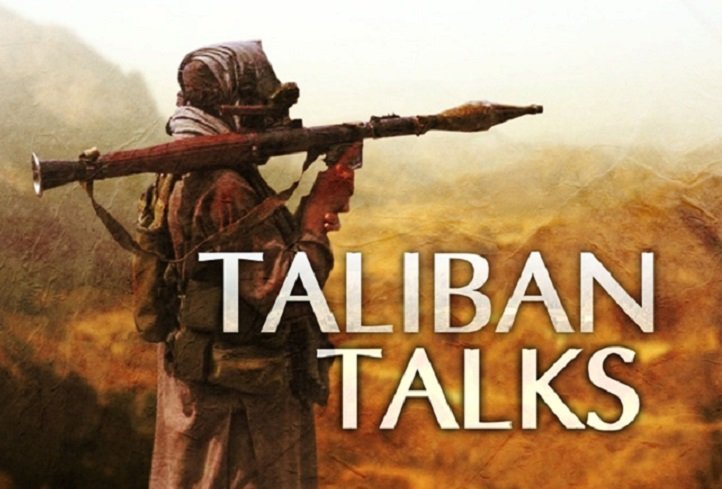
“The participants agreed to continue talks to create an environment conducive for peace and the reconciliation process,” the statement said.
The talks were hailed as a ‘breakthrough’ by Pakistani Prime Minister Nawaz Sharif. But it’s far from clear whether the process can end the fighting, given that the Taliban leadership is divided on the issue of talks and several commanders have already defected to the rival jihadist Islamic State.
Officials from the United States and China were observers in the talks held at Murree, a hill resort on the outskirts of Islamabad, a statement from Pakistan’s foreign ministry said.
White House spokesman Josh Earnest said the United States welcomed the talks, calling them ‘an important step toward advancing prospects for a credible peace’.
In the past several months, there have been informal preliminary talks between Taliban representatives and Afghan figures, but these talks were the first official meetings. The Taliban’s official spokesman has in the past disavowed the tentative peace process, saying those meeting with Afghanistan’s government were not authorised to do so.
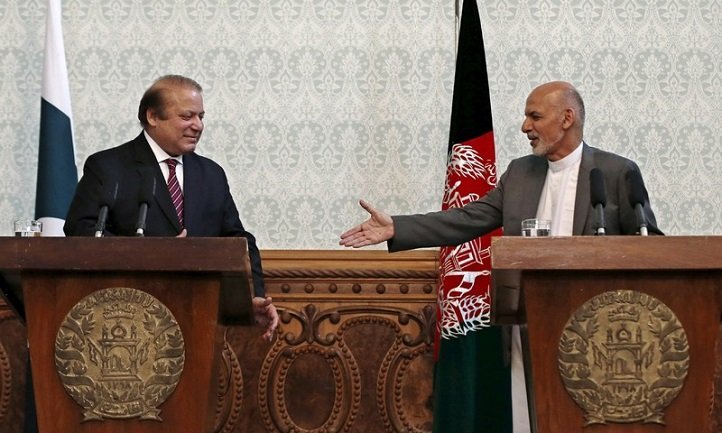
Word of Tuesday’s talks came hours after suspected Taliban suicide bomb attacks in the Afghan capital struck a convoy of foreign troops and a compound of the country’s intelligence agency.
Afghan President Ashraf Ghani first announced the talks earlier on Tuesday, July 7.
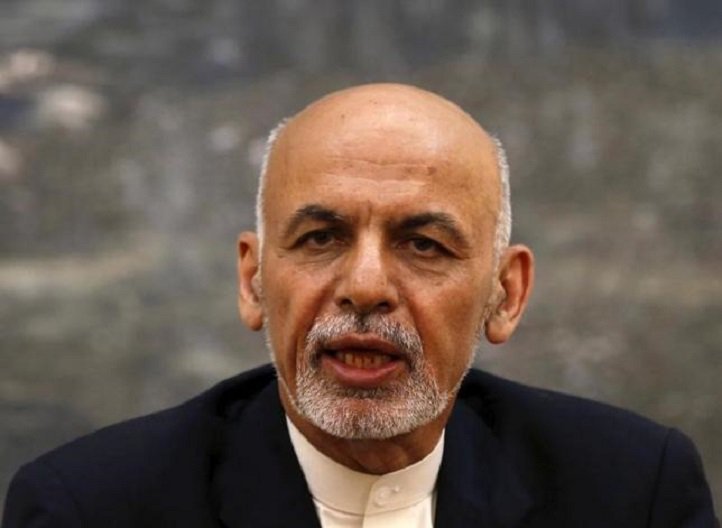
Pakistani Prime Minister Nawaz Sharif described the talks as a ‘breakthrough’ and adding ‘this process has to succeed’. Sharif, who was on an official visit to Norway, cautioned that the effort would be difficult and said Afghanistan’s neighbours and the international community should make sure ‘that nobody tries to derail this process’.
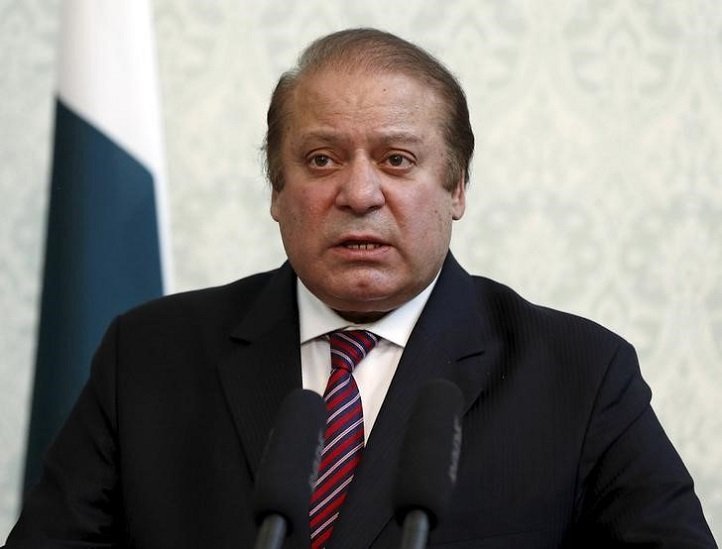
Pakistan had been urging the Taliban’s exiled leadership to enter peace talks and the insurgents may also be motivated by the trend of some of its commanders breaking off to declare loyalty to rival jihadists Islamic State.
The commander was identified by Afghan intelligence as Gul Zaman, who had been in Achin district where Islamic State sympathisers have taken territory from rival Taliban insurgents. Taliban and other Islamist militants have stepped up attacks on Afghan and foreign forces this year, after most coalition troops withdrew from Afghanistan at the end of 2014.
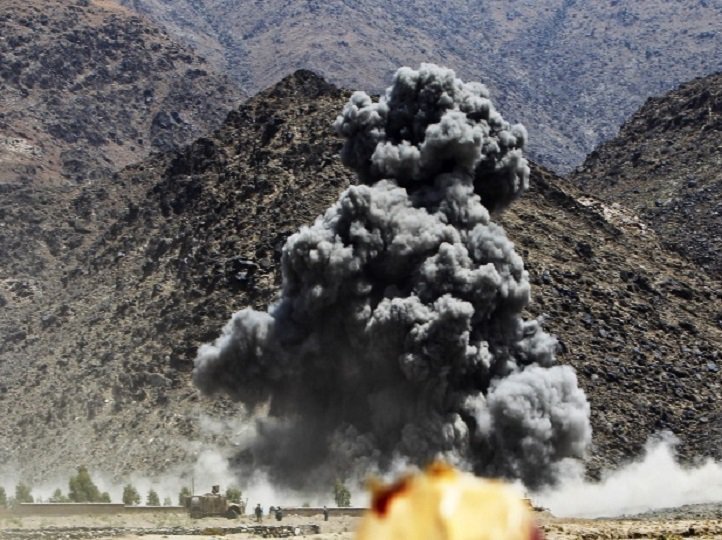
As security has deteriorated, a handful of Afghan districts have fallen under Taliban control. The growing presence of fighters loyal to Islamic State, mostly made up of disgruntled members of the Taliban, is an added concern.
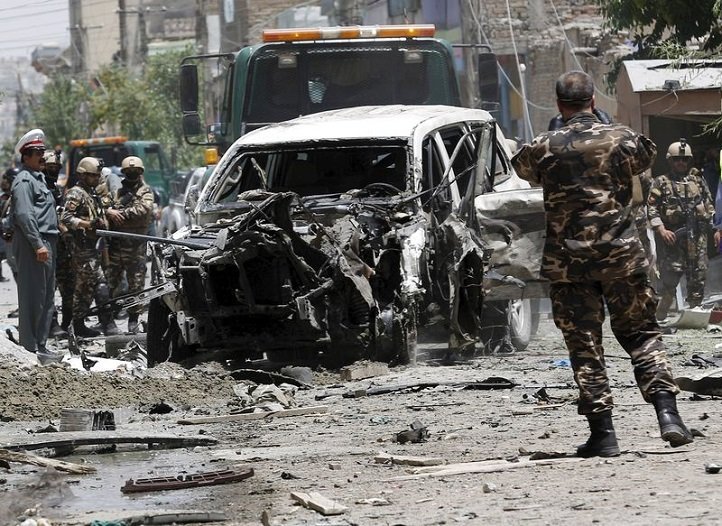
Ghani has pushed for the peace process and has encouraged closer ties with neighbouring Pakistan in a bid to achieve this goal. Many Afghans remain wary of Pakistan, however, blaming it for helping to bring the Taliban to power in the mid-1990s as well as supporting the militants after their ouster.

















